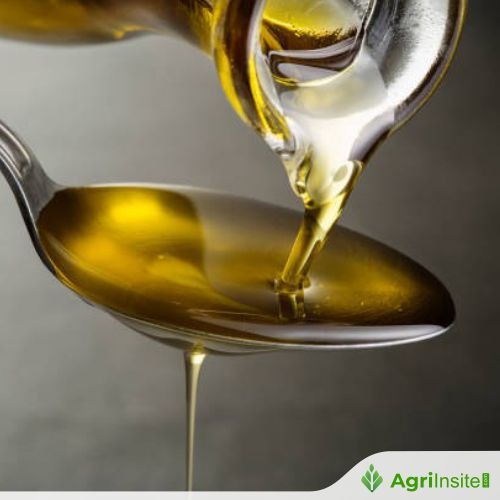Palm oil ends lower as Middle East tensions weigh

Malaysian palm oil futures ended lower on Wednesday, slipping 0.5% to 3,963 ringgit (\$935.77) per metric ton, despite strong export data. Market sentiment was weighed down by uncertainty over the Israel-Iran conflict. Exports for June 1–25 rose by up to 6.8%, but concerns over geopolitical stability and weaker rival edible oil prices limited gains. A stronger ringgit also pressured prices.
KUALA LUMPUR: Malaysian palm oil futures reversed earlier gains to end lower on Wednesday as uncertainty over developments in the Israel-Iran conflict weighed on the market, while strong export data capped losses.
The benchmark palm oil contract for September delivery on the Bursa Malaysia Derivatives Exchange was down 20 ringgit, or 0.5%, at 3,963 ringgit ($935.77) a metric ton at the close.
Cargo surveyors estimated that exports of Malaysian palm oil products for June 1-25 rose between 6.6% and 6.8%, compared with the same period a month ago.
However, the market remains jittery due to uncertainty over the outcome of the Middle East conflict despite the strong export data, said Paramalingam Supramaniam, director at Selangor-based brokerage Pelindung Bestari.
Dalian’s most active soyoil contract fell 0.25%, while its palm oil contract lost 0.36%. Soyoil prices on the Chicago Board of Trade (CBOT) shed 0.06%.
Palm oil tracks the price movements of rival edible oils as it competes for a share of the global vegetable oils market.
Oil prices edged up as investors assessed the stability of a ceasefire between Iran and Israel, while support also came from data that showed US demand was relatively strong.
Stronger crude oil futures make palm a more attractive option for biodiesel feedstock.
The ringgit, palm’s currency of trade, strengthened 0.12% against the dollar, making the commodity slightly more expensive for buyers holding foreign currencies.
European Union soybean imports in the 2024-25 season that began last July reached 13.79 million metric tons by June 22, compared with year-ago 12.89 million tons, data published by the European Commission showed.
The EU palm oil imports for the same period stood at 2.76 million tons compared with 41 million tons a year earlier.
To Read more about Edible Oil News continue reading Agriinsite.com
Source : Business Recorder

















